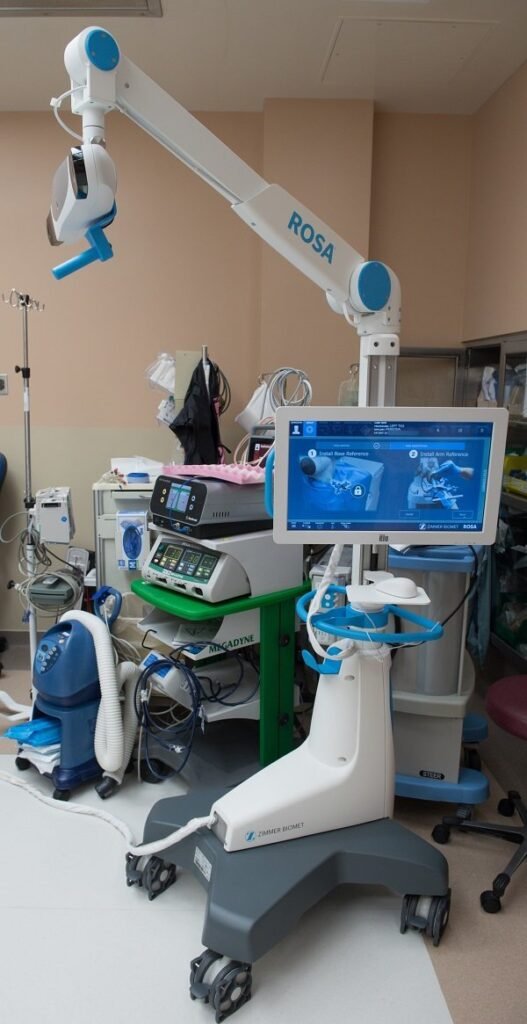Hypertension
Hypertension, commonly known as high blood pressure, and obesity are two interconnected health conditions that have become increasingly prevalent in recent years. The relationship between hypertension and obesity is a complex one, with multiple factors contributing to their association. Understanding the connection between these two conditions is crucial for effective prevention and management strategies. In this article, we will explore how hypertension and obesity are related and the implications for individuals’ overall health.
Obesity, defined as having an excessive amount of body fat, has reached epidemic proportions worldwide. It is a multifactorial condition influenced by genetic, environmental, and behavioral factors. One of the significant consequences of obesity is the disruption of the body’s metabolic balance, leading to various health issues, including hypertension.
Hypertension occurs when the force of blood against the arterial walls is consistently too high. Obesity contributes to the development of hypertension through multiple mechanisms. First and foremost, excess body weight leads to increased blood volume and cardiac output, causing the heart to work harder to pump blood throughout the body. This increased workload puts strain on the blood vessels, leading to elevated blood pressure levels.
Furthermore, obesity often leads to the accumulation of visceral fat, which is located deep within the abdomen and surrounds vital organs such as the liver and kidneys. Visceral fat is metabolically active and produces hormones and other substances that contribute to insulin resistance, dyslipidemia, and chronic inflammation. These metabolic abnormalities further promote the development of hypertension.
Insulin resistance, a hallmark of obesity, hinders the body’s ability to effectively use insulin, a hormone that regulates blood sugar levels. As a result, the pancreas produces more insulin to compensate for the resistance, which, in turn, contributes to sodium retention and increased fluid volume in the body. This fluid overload puts additional pressure on the blood vessels, leading to higher blood pressure.
Moreover, obesity is often accompanied by unhealthy lifestyle habits, such as a sedentary lifestyle and a poor diet high in sodium and saturated fats. These factors independently contribute to the development of hypertension. A lack of physical activity weakens the cardiovascular system and promotes weight gain, while excessive sodium intake disrupts the body’s fluid balance and raises blood pressure.
The relationship between hypertension and obesity is bidirectional, meaning each condition can exacerbate the other. Hypertension, if left uncontrolled, can further promote weight gain and complicate weight loss efforts. High blood pressure reduces the efficiency of blood flow to various organs, including the brain. This reduced blood flow can impair cognitive function and decision-making, making it challenging to maintain a healthy lifestyle.
Addressing the link between hypertension and obesity requires a comprehensive approach that combines lifestyle modifications, medication if necessary, and regular medical monitoring. Weight loss through a balanced diet and increased physical activity is a cornerstone of managing both conditions. Adopting a healthy eating plan that focuses on whole, nutrient-dense foods, limiting sodium intake, and controlling portion sizes can help reduce weight and lower blood pressure.
Regular physical activity, including aerobic exercises and strength training, not only aids in weight loss but also improves cardiovascular health and blood pressure control. Additionally, lifestyle changes such as smoking cessation and stress management are important for overall cardiovascular health.
Dr. Dalal provides hypertension treatment in Pune under the guidance and expertise of a hypertension specialist in Pune.
In conclusion, hypertension and obesity share a complex relationship, with each condition influencing and exacerbating the other. The prevalence of these two conditions highlights the need for proactive measures to prevent and manage them. By promoting a healthy lifestyle, including a balanced diet, regular exercise, and stress reduction, individuals can take proactive steps to control their weight and blood pressure, reducing the risk of complications and improving their overall health and well-being.


Dr. Shrikant Dalal
MBBS, DNB - Orthopedics/Orthopedic Surgery Spine Surgeon (Ortho), Spine And Pain Specialist, Joint Replacement Surgeon

